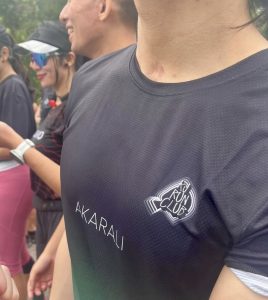
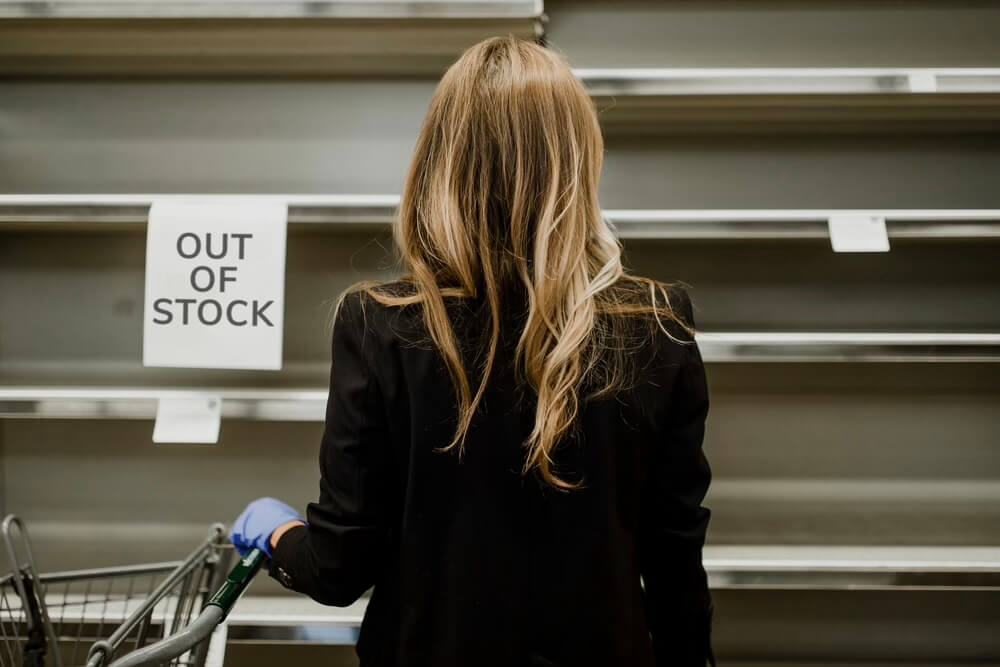
Key takeaways
In Walmart, consumers are beginning to stockpile household items, including healthcare products, fearing that Trump’s new tariff will cause a massive price increase of household items. Massive shopping rush or “panic buying” is a sure thing to avoid paying higher prices, and “lets stock up now” is seen as a quick before US manufacturers increase their prices later this year.
124% tariff on China imports is insane. Buying now or from other countries may be a good idea before price increase. Things may go out of stock. You save a couple of hundreds, if not thousands.
This trend can be seen across other 50 other states in the US, causing a buying frenzy on healthcare products, dietary supplements and even herbal supplements.
With the the 90-day pause on tariffs on other countries except for China, average American consumers are stocking up, buying healthcare supplements from other countries before any sudden of Trump’s new policy or further price hikes.
China, being one of the largest producers of amino acids (L-Glutamine, L-Arginine, L-Carnitine, Taurine), minerals, vitamins and herbs, major fitness, health and recovery supplements are now getting more expensive by 20-30%, hurting millions of Americans due to Trump’s new tariff.
The Yale Budget Lab projected that tariffs enacted by Trump in 2025 would increase the price level by 2.3% to 10%, equating to an average per-household consumer loss of $3,800 annually, or approximately $316 per month, affecting more than 20 goods sold in the US.
The Joint Economic Committee estimated that the tariffs would cost the average American family an additional $1,600 to $2,000 per year, translating to about $133 to $167 per month.
According to economists and industry experts, high tariff imposed on China at 54% may dampen consumer spending on health and wellness products made in America. The US dependency on imported raw materials, vitamins, herbs and minerals for health supplement have caused a panic buying amongst consumers.
For millions of smart American consumers, they now buy quality herbal supplements such as Tongkat Ali and Ashwagandha directly from lower tariff countries or those with tax exemptions such as Malaysia and India.
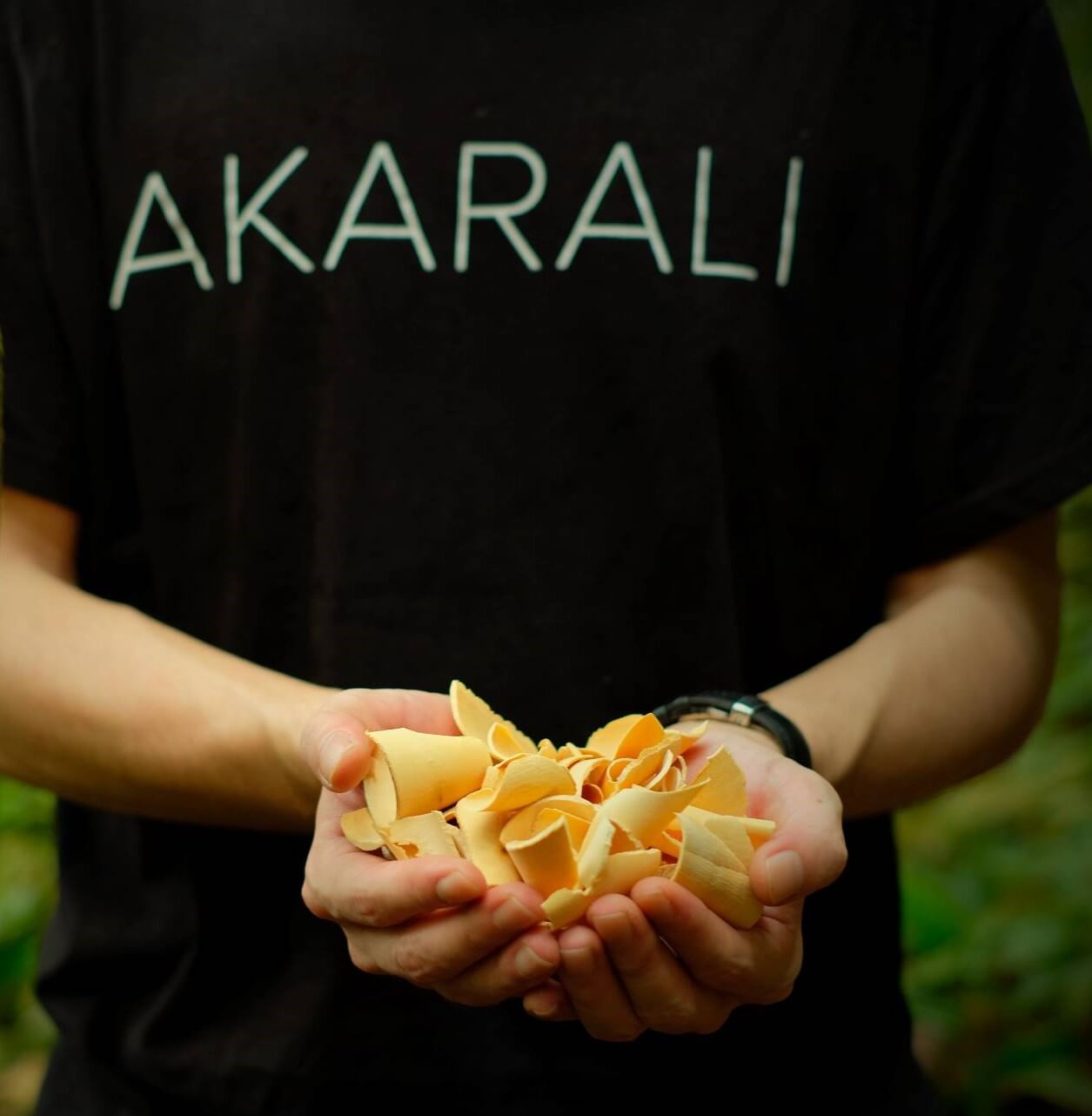
Under the US Custom, the de minimis exemption provided by 19 U.S. C. § 1321(a)(2)(C) (aka Section 321 shipments) allows one shipment of goods (per person, per day) valued at or under $800 to enter the U.S. free from duty and import taxes.
However, under the Trump’s new tariff on China, the de minimis tax exemption does not apply to goods or products imported from China or Hong Kong beginning May 2 as announced by President Donald Trump’s executive order.
This means Americans buying online from Temu, Shein and other China marketplaces will be subjected to additional 54% import tariff, making it more expensive to purchase household items, healthcare products and dietary supplements.
The initial tariff of 54% may increase the average selling price of health supplements by 25%-34% across various categories of health supplements including vitamins, sports energy gels, energy drinks and herbal supplements. But according to industry experts, a 124% increase in tariff may result in 50% in higher supplement prices across the board.
“American US-made supplements such as Force Factor, DoubleWood Supplements and Solaray may increase their prices by 20 to 30%, forcing Americans to buy abroad” said former Accenture consultant Zain Idrus.
At the macro level, the impact to household spending is significant, driving higher cost of living by an average of 20%. And here is how it impacts the daily spending for average Americans buying dietary supplements in the US.
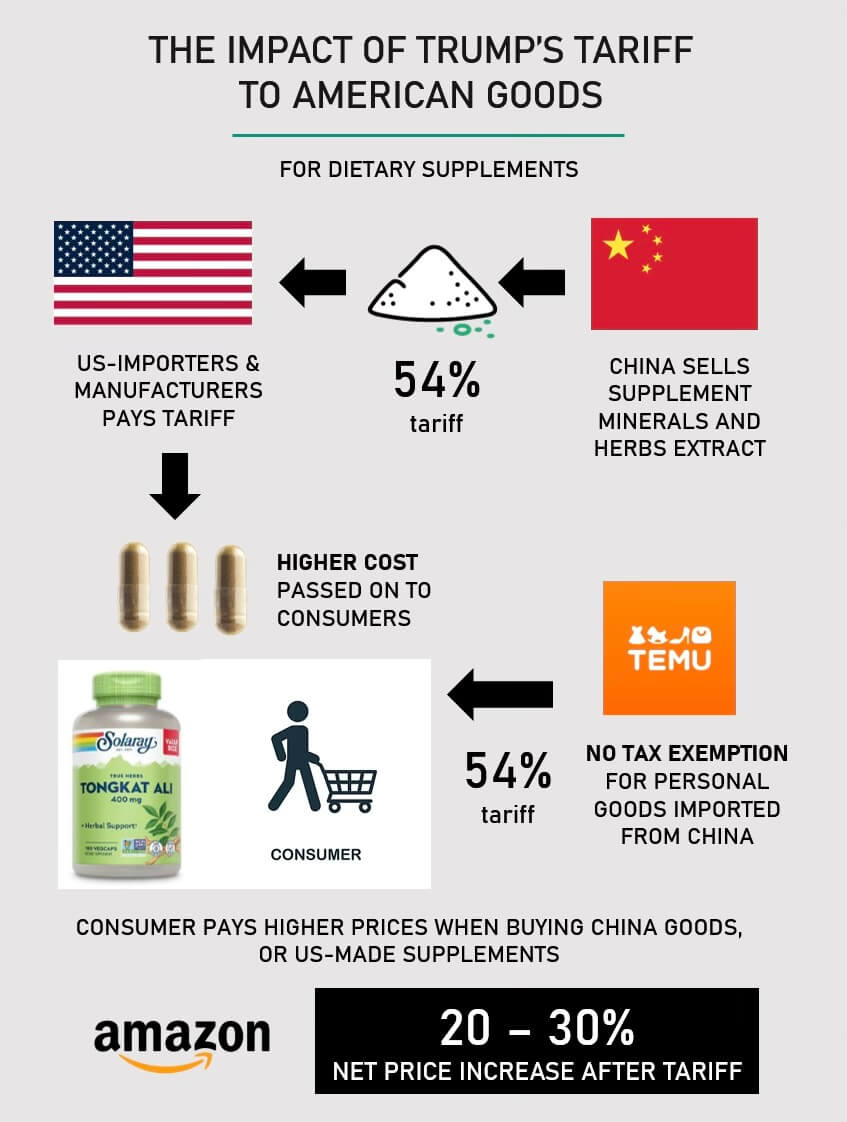
The new 124% tariff on China export is detrimental on consumer goods including dietary supplements prices in the US.
Additionally, American consumer may also pay higher prices when shopping on Amazon, Walmart and Walgreens as US importers are now passing the higher cost (due to tariff) increase to consumers.
“It is gonna be expensive for household who are spending almost $300-500 on health supplements each month” said Susan Freeman from California. She added that additional 20%-30% increase in spending on dietary supplements may force her to either cut her spending, or shift her to buy from countries that have lower import tariff.
The reality is, American consumers may choose a smarter option buying reduce unnecessary spending on health supplements – by purchasing direct from countries with lower import tariff.
If you have been buying herbal supplements in the US, you can still enjoy a good deal even with the new tariff in place – which may not affect personal imported goods from countries except for China (and Hong Kong).
Save your money buying US-made health dietary supplements that rely on China imported raw ingredients. You can still buy all-rounded herbs such as Tongkat Ali, Ashwagandha or curcumin that delivers health benefits at lower cost.
Many top rated Tongkat Ali supplements in the US are taking measures to retain its customer by retaining its prices although some US-made supplement brands such as Force Factor, Double Wood and Solaray may increase their prices by 20% – 30% on selected herbal supplements, including dietary supplements consisting of minerals such zinc, magnesium and vitamin C, B12 and many others.
The best option for many Americans to save more when shopping for dietary supplements in the US is to buy from countries with lower tariff and those which still have tax exemption under the de minimis.
Countries that harvest and export Tongkat Ali extract to US such as Malaysia or Indonesia may benefit more, as consumers can enjoy additional zero tax benefit when buying it for personal use directly from Malaysian-based manufacturers – many of which adhere to USFDA dietary supplement standaards.
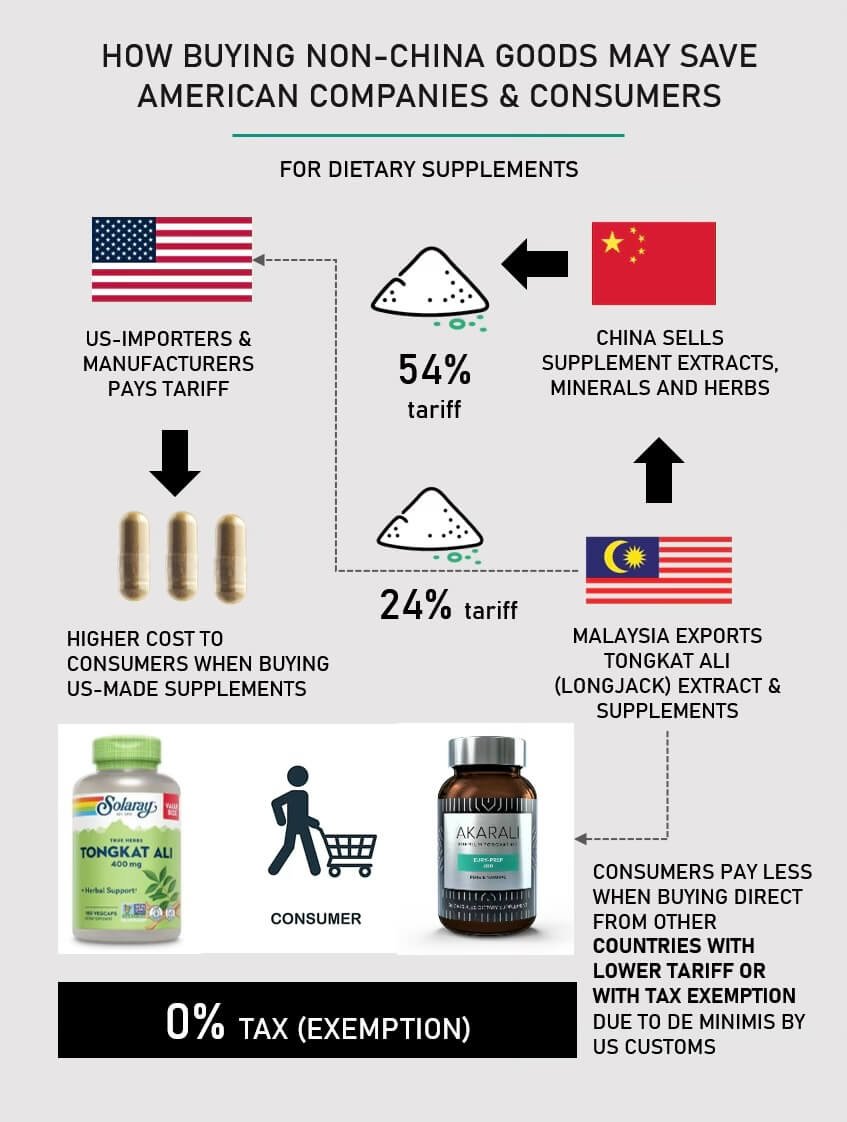
Indonesia and Malaysia are two major countries that exports Tongkat Ali (Longjack) to the US – which offer lower prices to American consumers and companies after Trump’s high tariff on China. US companies are buying herbal extract from Malaysia for instance, and subjected to 24% tariff compared to 54% tariff from China.
And if you want to save more, consumers can still buy imported herbal supplements (eg: Tongkat Ali) from Malaysia and enjoy 0% tax due to the de minimis tax exemption as long as your goods are below $800.
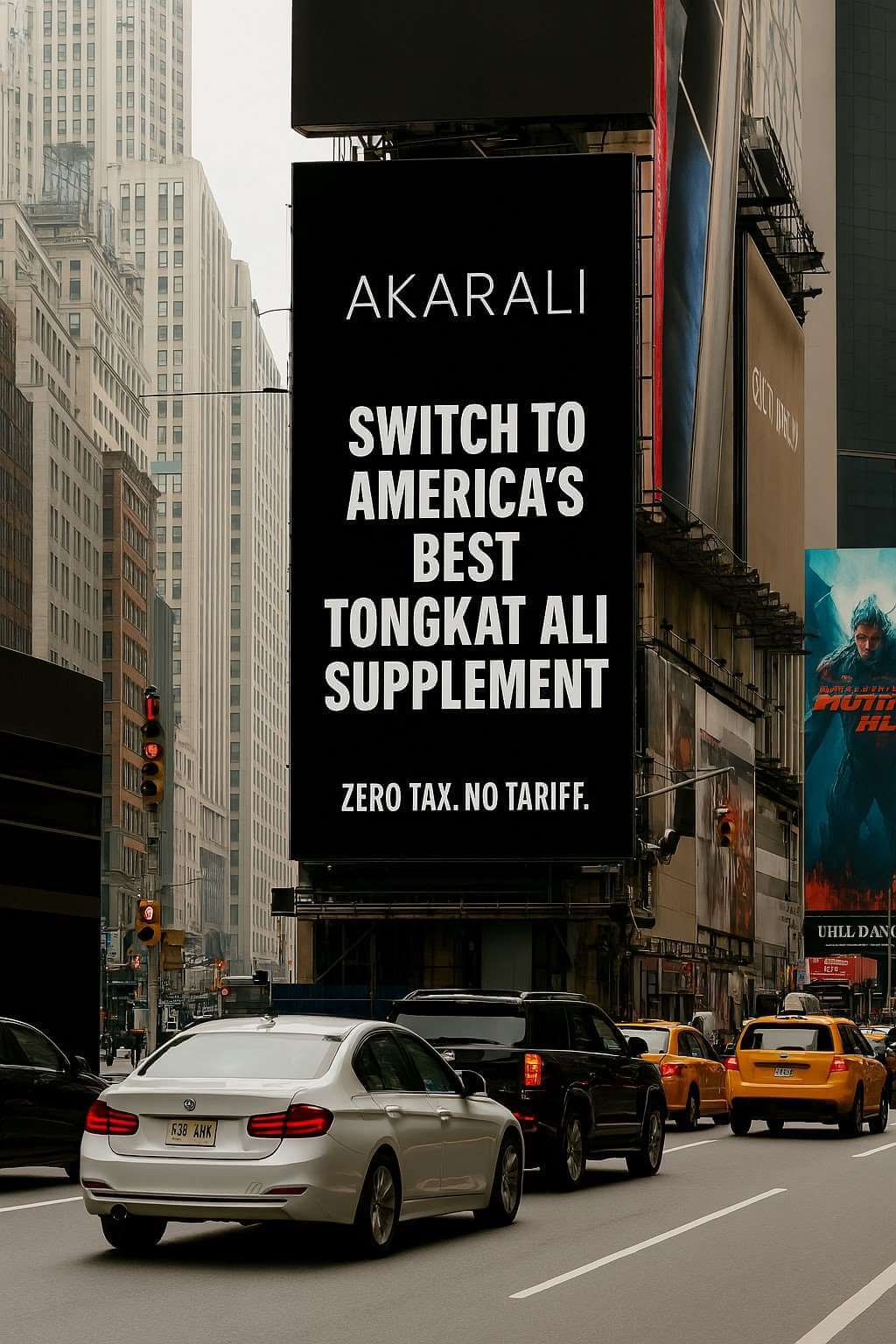
Trump’s global hike in tariff is making US-made health supplements less affordable for average American consumers who are spending $200- $300 every month on natural testosterone or libido boosters on Amazon, Walmart or Walgreens. This is due to the over-dependency on China imports on herbal extracts, and China companies that processed Indonesian Tongkat Ali extracts are severely impacted, causing massive increase in export prices.
US-made dietary supplements that source Indonesian Tongkat Ali such as Momentous Huberman Tongkat Ali may be more expensive with 32% tariff.
Industry analysts warned that when US companies start cutting down cost to pay for higher tariffs, this affects overall quality standards of the dietary supplements sold in the US and North America.
It makes no sense to buy low quality supplements from China or Indonesia and pay higher prices for tariff. The risk of China adding adulterants to its extract that are sold to the US is very high. We are seeing impurities in US-made dietary supplements which goes against what the Americans truly deserve under Trump’s administration.
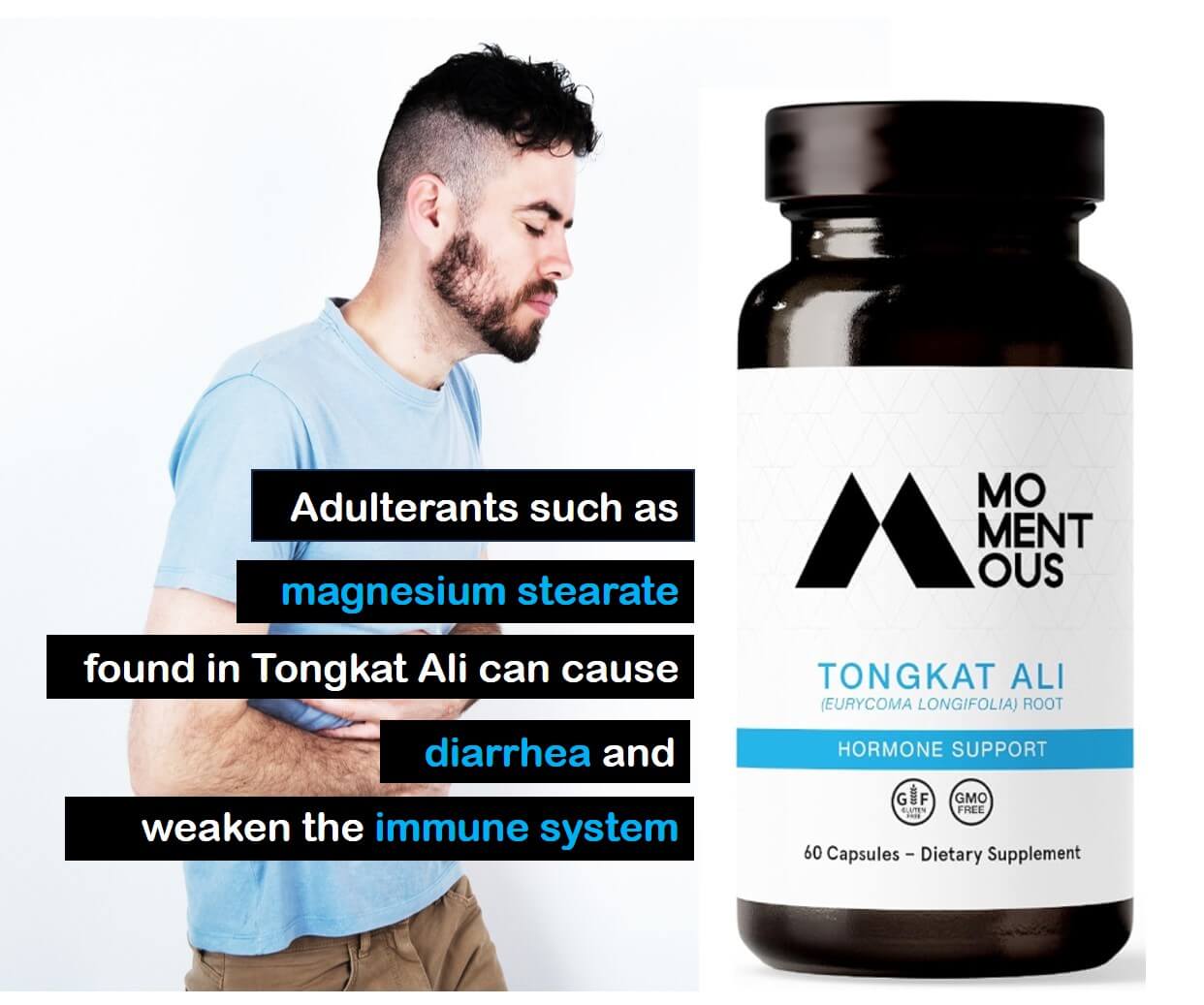
Americans are already paying the price with low-quality US-made supplements from China-sourced Tongkat Ali extract since the trade war began in 2018, and now with higher 104% tariff, you are buying low-quality herbal supplements at even higher prices in US major stores.
US-brands such as Solaray, reported having lower quality extract and did not produce any health benefits as experienced by medical professional Dr. Chris in his 40-day review.
And this trend of diluting or adding fillers to supplements is worrying.
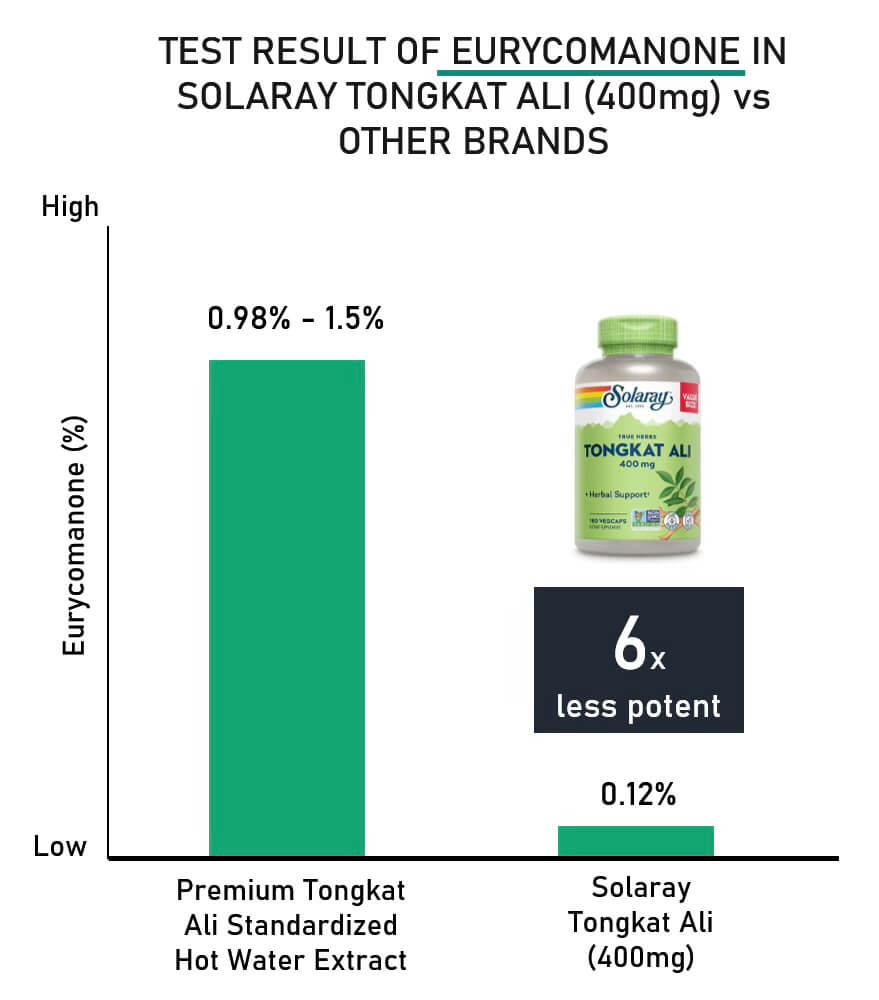
The higher tariff prompts millions of American consumers to buy from other countries through online marketplaces or with better discounts directly from brand’s official websites.
But between these two countries that export herbal supplements, Indonesia export is hit the hardest with 32% trade tariff imposed on Indonesian herbs including Tongkat Ali root extract, supplements, coffee and other raw food ingredients – but the Indonesian government did not retaliate.
The good news for American consumers is that you can buy standardized Tongkat Ali extract from Malaysia at lower cost, known for its clinically tested extract that meets USFDA dietary standards with no tax due to the US Custom’s De Minimis tax exemption.
“Stop buying China-export extract from Indonesia and buy quality potent Tongkat Ali supplements directly from Malaysia to take advantage of the lower tariff coupled strong exchange rate” said 40-year-old Frank from Washington, who frequently purchase supplements outside the US.
He added that “Americans can still enjoy tax exemption when buying supplements online from countries such as Malaysia or Singapore, despite Trump’s new tariff on China” noting that “and this applies for goods imported into the US for personal consumption”.
Our conclusion is that you can still buy affordable herbal supplements at discounted prices.
For average Americans, the 20-30% price increase for those buying in the US may equate to $1.20 – $2.00 a bottle of 30-60 capsules on average, making it a marginal impact to those buying health supplements for general well-being.
Popular Tongkat Ali herbal supplement brands in the US, AKARALI, has decided to retain its price in solidarity to support millions of Americans who are affected by the price increase.
“As the number one trusted Tongkat Ali brand and market leader in the US, we are committed to the same price even after the tariff increase by President Donald Trump. We want to make herbal supplement affordable to the average American.” said Shahid Shayaa, Founder & CEO of AKARALI in a statement to all its American consumers. And there are many other reasons why AKARALI is the best Tongkat Ali for testosterone support in the US.
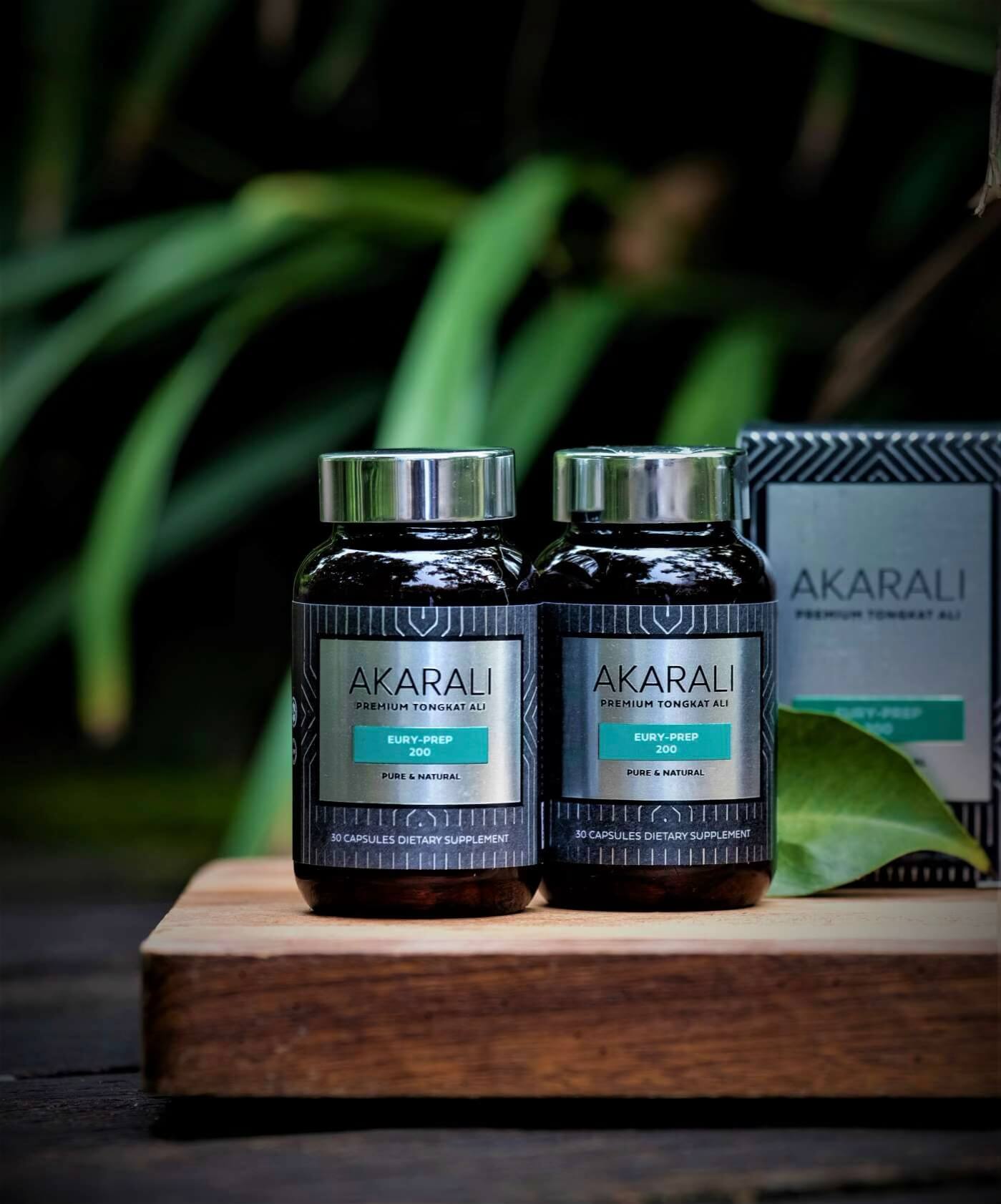
AKARALI uses US-patented Physta standardized hot water extract that is sold in the United States under the label of LJ100, available to the North American consumers.
But due to de minimis tax exemption, consumers buying AKARALI supplements from its online store may enjoy zero price increase, making it the best bang for buck (value-for-money) for most Americans searching for affordable or tariff-free health supplements.
With AKARALI no-price-increase guarantee, American consumers can now enjoy the same price when shopping for Tongkat Ali supplement at zero tax or duties.
Unfortunately, consumers buying supplements or goods from Temu or Shein in China and American importers or companies buying raw ingredients for dietary supplements made in the US are still subjected to the 104% tariff under the updated US Custom regulation as published in the Tariff Fact Sheet issued by the White House.
And this will not go away anytime soon as Trump has announced additional tariff of 50% on China, making it a total of 104% tariff on goods, food ingredients including vitamins and minerals that are imported into the US to consumers and companies.
Now lets look at how the extent of damage and impact from Trump’s tariff announcement.
Analysis: Impact of Higher cost for drugs, equipments and health supplements
Tariffs on pharmaceutical imports have increased costs for medications including medical supplies, prescription drugs and equipment. According to experts, an analysis indicated that proposed tariffs could raise the cost of certain cancer treatments by up to $10,000 for a 24-week course.
Industry experts suggest that the 54% tariff imposed on China increase the cost further for average Americans, as American households may end up spending more, an increase from $150 to $250 per month on consumer health supplements.
Americans may now pay higher prices for health supplements as some of the imported ingredients from China.
1. Amino Acids
2. Herbal Extracts
3. Vitamins
4. Minerals and Trace Elements
5. Medicinal Mushrooms
6. Specialty Nutraceuticals
Buying health supplements now may offer short term benefits before the Trump’s new tariff kicks in, with an estimated savings of $200 per household per month for average American consumers with family.
However, the best option with the greatest saving is buying supplements outside of the US – from countries such as Malaysia, Singapore and India due to the tax exemption, lower tariff and stronger exchange rate. As long as you are purchasing or importing goods for your own personal consumption below $800 per shipment (and not valued as per item), the currently US custom allows greater benefits amidst the 54% tariff increase imposed on China.
It means, you can save more if you are buying goods from other countries. With DHL worldwide deliveries to the US within 3-5 day, most Americans are now stockpiling or taking advantage of buying quality USFDA-certified and lab-tested supplements from Malaysia such as Tongkat Ali.
This may offer a greater alternative and choice for American consumers in the next year to come.

Alex Kua leads AKARALI’s Global Partnership Community to help athletes, sports communities, and thousand of others optimize their well-being through evidence-based research that enables them to make better informed decisions. His legal and business consulting background underpins the rigorous data-driven approach in his writing – from hours of interviews, real-world performance data, and firsthand experiences of real people – offering actionable insights that connects clinical research, emerging health trends, and real-world applications. He is also an experienced researcher in herbal nutrition, with years of deep technical knowledge on Tongkat Ali (Eurycoma longifolia), including quality standards, industry benchmarks, lab tests, clinical trials, and the use of natural herbs by collaborating with top scientists, herbal experts, and nutritionists. As part of the core team behind AKARALI’s knowledge portal, he empowers people worldwide to access the benefits of high-quality herbal nutrition in a way that is effective, sustainable, and safe. He is also an avid runner, with regular participation in local sports communities and running events.
Our articles are third party reviewed by our panel of experts and medical advisors to ensure the facts are accurate and credible. These are validated against multiple source references which include but not limited to research studies, peer-reviewed journals, pre-clinical studies, clinical tests and other credible publications.
Our panel of medical advisors and experts are highly experienced in their individual fields. However, they do not provide any medical advice or recommendations arising from content published in this article.
Disclaimer:
The content published on this website is for educational purposes and should not be viewed, read, or seen as a prescription or constitute any form of medical advice. We recommend you consult your nearest GP or doctors before consuming Tongkat Ali or any products which contain Tongkat Ali. For further information, kindly refer to our Frequently Asked Questions (FAQ) for more information.